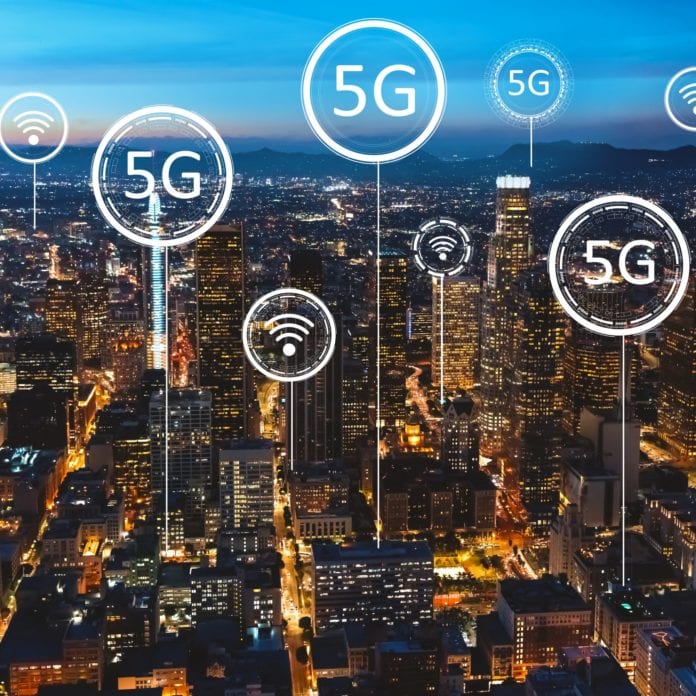5G transformation extends beyond the network–there has to be a shift in the workforce
5G is touted as the connectivity fabric that will fundamentally reshape our collective future. Consumers will benefit from ubiquitous, high-quality connectivity capable of serving up applications that were previously impossible. Enterprises will realize new levels of productivity and efficiency as real time data analysis and artificial intelligence drive constant process improvement.
But getting to this future requires much more than just upgrading existing networks. Operators need a cohesive roadmap for moving to a virtualized, software-defined infrastructure. Operational excellence will be hinged on OSS/BSS transformation to take advantage of automation and real-time data analysis. And to translate those investments into new service revenue, operators must take a whole new approach to flexible creation of new services. And effectively executing on the aforementioned imperatives also requires a workforce transformation focused on developing new skill sets and the ability to rapidly allocate expertise. As this seachange unfolds, OT/IT convergence will be a key driver of 5G success.
Operational technology refers to the systems used to monitor business functions and make adjustments as needed. Information technology refers to computing resources, both centralized and distributed, used to run various workloads, whether that’s managing internal business applications or analyzing data pools. In a traditional manufacturing example, OT would keep the factory floor running and shipments going out and IT would look after order taking, accounting and similar functions.
For operators and their enterprise customers, IT is responding to business demands from OT with a keen eye on security, integration, visibility, control and compatibility. Add 5G to the mix and both operators and their high-value customers begin asking “how” rather than “what.” Both seller and buyer need to consider the best approach to integrating 5G and this will likely require a new level of convergence between IT and OT to fully address the complexity of the technology and the complexity of the things it enables. Reliance on distributed computing resources to deliver real-time applications enabled by 5G requires a convergence of OT and IT teams to quickly build and deploy services in response to ever-changing market demands.
This notion–OT/IT convergence is necessary to fully leverage 5G for new services–is crucial to monetization of 5G. A glance at any major job-listing website will show all manner of telco DevOps and software engineering postings from major carriers all over the world. This is a natural shift–as networks become programmable, operators need people to program them, and people to develop new services, and work collaboratively on quickly deploying the new services, and on and on.

